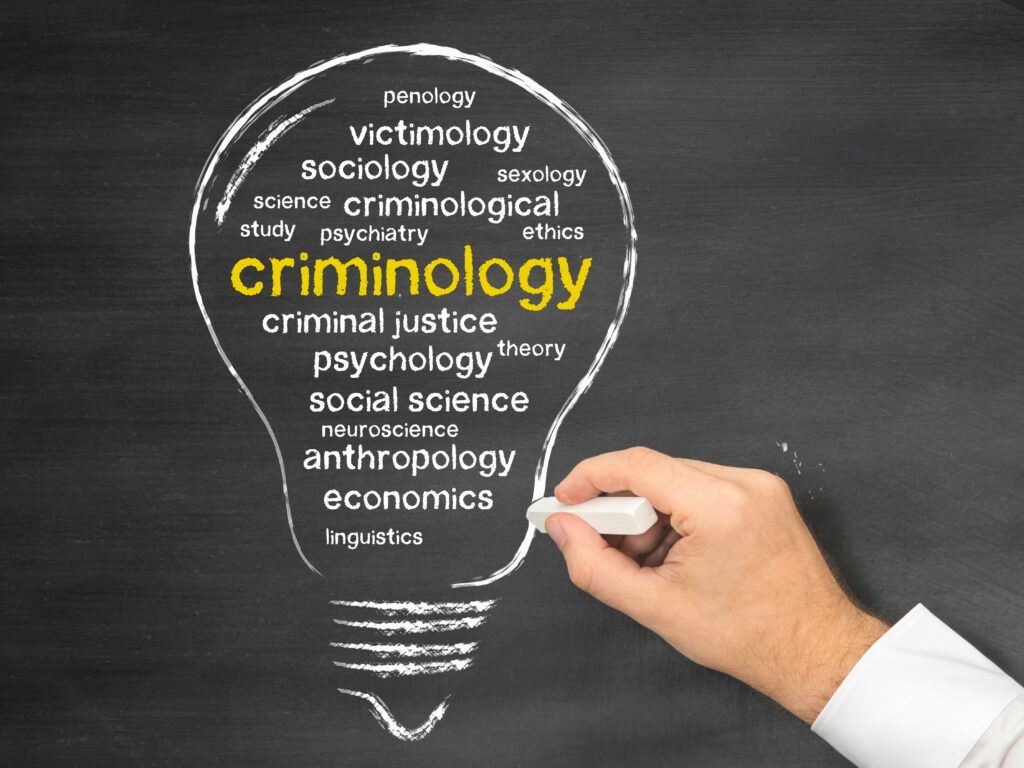
Today, criminology is one of law enforcement’s major foundations and helps society better understand, control, and reduce crime. While many police officers and law enforcement personnel choose to study criminology on a college level, few Americans are familiar with some of the key concepts of criminology. While obtaining his Master’s Degree in Criminology from Regis University, Eli Max was able to study a wide variety of criminological theories that are actively used by police forces today. As an investigator, Eli Max recognizes the importance of these theories and, below, will share some of the most widely discussed theories within criminology circles.
Social Disorganization Theory
One of the key theories in criminology, social disorganization, is defined as the inability of community members to achieve shared values or solve community-wide problems, or simply that location matters when it comes to predicting illegal activity. This theory has been most commonly tied to criminology theorists Kornhauser, Bursik, Grasmick, and Samson and Groves. In recent decades, this social disorganization has been linked to conditions endemic to urban areas with a high turnover of population or residential instability. Analysis relating delinquency rates to community structural characteristics has found a direct correlation between poor community structure and high crime rates, which has, in turn, helped state and federal governments better allocate community resources to these areas.
Social Control Theory
Social control theory is the concept that the strength of a person’s bonds to conventional society helps to limit social deviance. As social creatures, our need to belong to a community and develop relationships with peers is fundamental and one of the most significant influencers of our behavior. This theory has been proven by a number of sociological studies, which have shown that social deviance most commonly takes place when individuals lose social connections with society.
Routine Activity Theory
One of the most cited theories in criminology, routine activity theory, is a sub-section of crime opportunity theory that focuses on the context and situations of crimes. Initially proposed by Marcus Felton and Lawrence E Cohen, routine activities theory has been used to explain the drastic crime rate changes that took place in the United States between the 1940s to the 1970s. Unlike other well-known criminological theories, routine activity theory studies crime as an event and emphasizes the environment and ecological process. The theory states that a criminal’s assessment of a situation is the most significant determinant of a crime. That a crime will only be committed if an individual thinks that a target is suitable and a “capable guardian” is absent.

